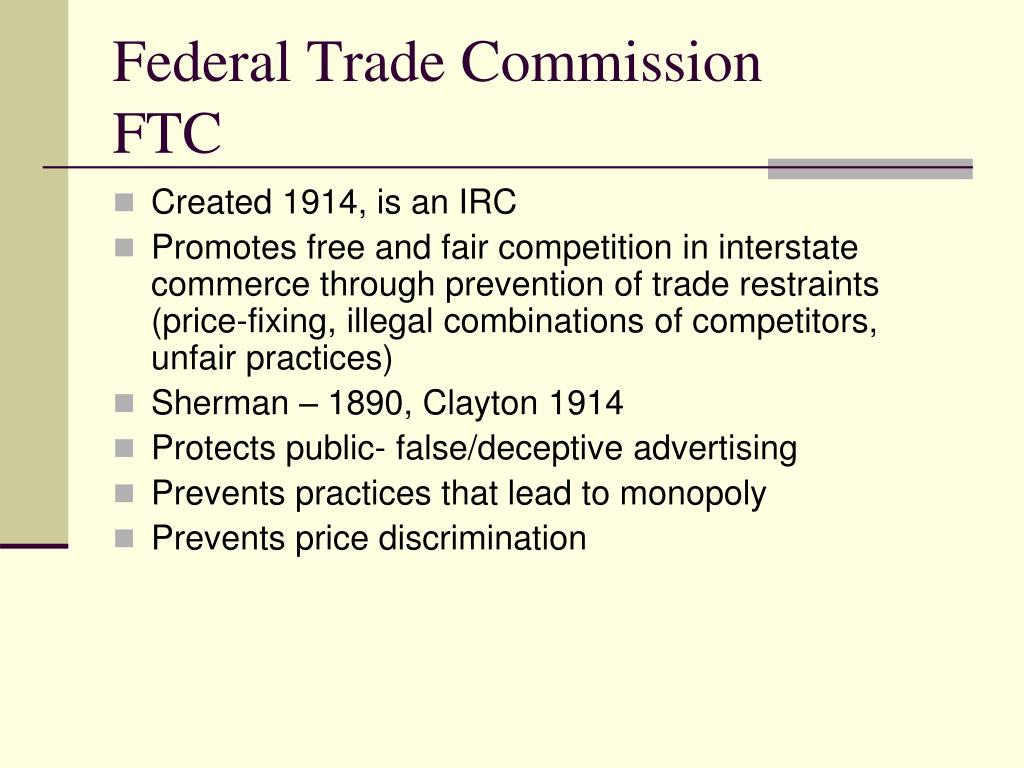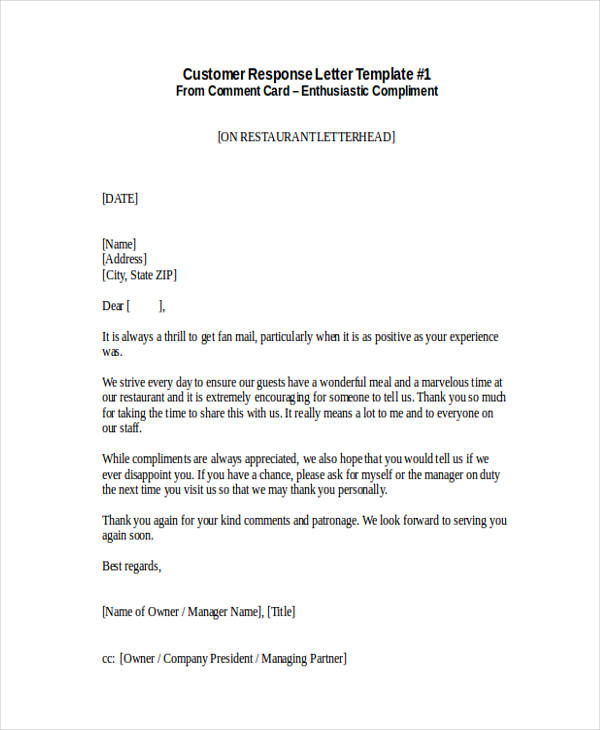

- COMMISON INDUSTRIAL TIMELY RESPONSE TO COMPLIANT MANUAL
- COMMISON INDUSTRIAL TIMELY RESPONSE TO COMPLIANT FREE


refusing to obey an order reasonably believed to be discriminatory.providing information in an employer's internal investigation of an EEO matter.complaining or threatening to complain about alleged discrimination against oneself or others.For example, it is unlawful to retaliate against an applicant or employee for: This means that an employer must not punish an applicant or employee for communicating opposition to a perceived EEO violation. What does it mean to "oppose" conduct made unlawful by an EEO law?Įmployers must not retaliate against an individual for "opposing" a perceived unlawful EEO practice. But it is unlawful retaliation for an employer to take matters into its own hands and impose consequences for participating in an EEO matter.ĥ.
COMMISON INDUSTRIAL TIMELY RESPONSE TO COMPLIANT FREE
An employer is free to bring these to light in the EEO matter, where it may rightly affect the outcome. This does not mean that falsehoods or bad faith are without consequence. Participation in the EEO process is protected whether or not the EEO allegation is based on a reasonable, good faith belief that a violation occurred. EEOC's view is that this extends to participation in an employer's internal EEO complaint process, even if a charge of discrimination has not yet been filed with the EEOC. This means that an employer cannot punish an applicant or employee for filing an EEO complaint, serving as a witness, or participating in any other way in an EEO matter, even if the underlying discrimination allegation is unsuccessful or untimely.

What does it mean to "participate in an EEO process"?Īn employer must not retaliate against an individual for "participating" in an EEO process. Generally, "protected activity" is either participating in an EEO process or reasonably opposing conduct made unlawful by an EEO law.Ĥ. What type of EEO activity by an applicant or employee is protected from retaliation? Retaliation caused the employer's action.ģ.The employer took a materially adverse action and.An individual engaged in prior protected activity.In a case alleging that an employer took a materially adverse action because of protected activity, legal proof of retaliation requires evidence that: What must someone show to prove a legal claim of retaliation? For example, an employment policy itself could be unlawful if it discourages the exercise of EEO rights.Ģ. Sometimes there is retaliation before any "protected activity" occurs. Asserting EEO rights is called "protected activity." Retaliation occurs when an employer takes a materially adverse action because an applicant or employee asserts rights protected by the EEO laws. A short Small Business Fact Sheet on this topic is available at. The following questions and answers address major points from the guidance.
COMMISON INDUSTRIAL TIMELY RESPONSE TO COMPLIANT MANUAL
The Enforcement Guidance replaces the Compliance Manual Section 8: Retaliation (1998). On August 29, 2016, the EEOC issued its Enforcement Guidance on Retaliation and Related Issues,, a sub-regulatory document that provides the EEOC's interpretation of the law on this topic. Each of the Equal Employment Opportunity (EEO) laws prohibits retaliation and related conduct: Title VII of the Civil Rights Act of 1964 (Title VII), the Age Discrimination in Employment Act (ADEA), Title V of the Americans with Disabilities Act (ADA), Section 501 of the Rehabilitation Act (Rehabilitation Act), the Equal Pay Act (EPA), and Title II of the Genetic Information Nondiscrimination Act (GINA).


 0 kommentar(er)
0 kommentar(er)
